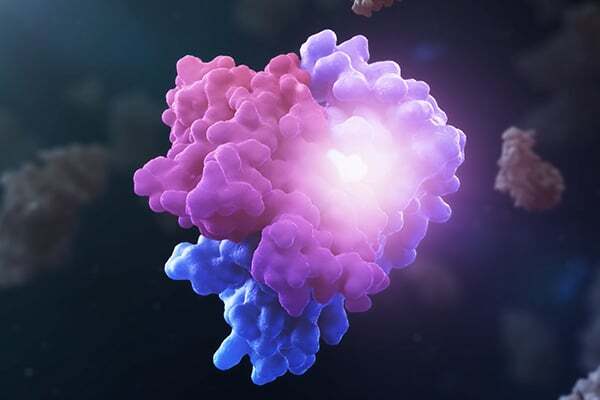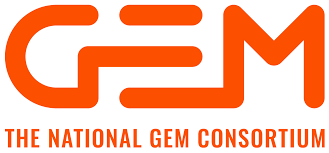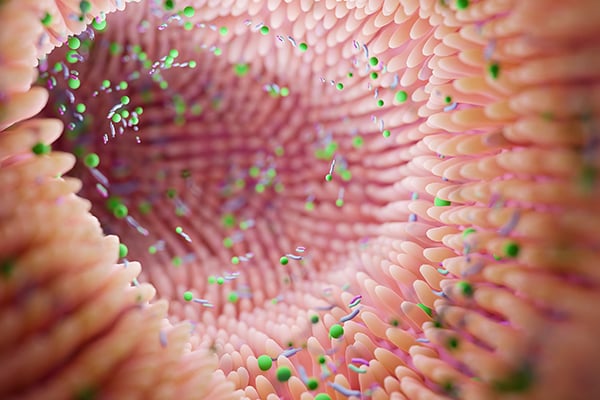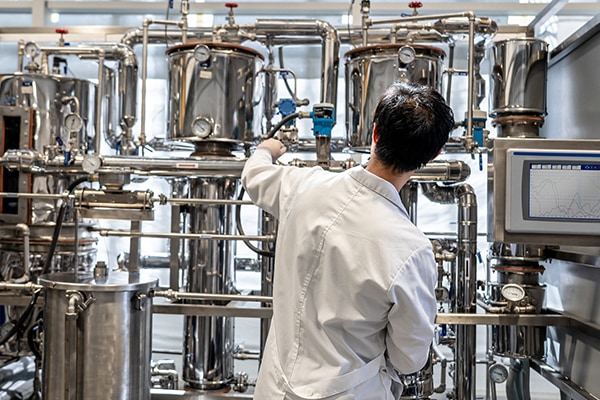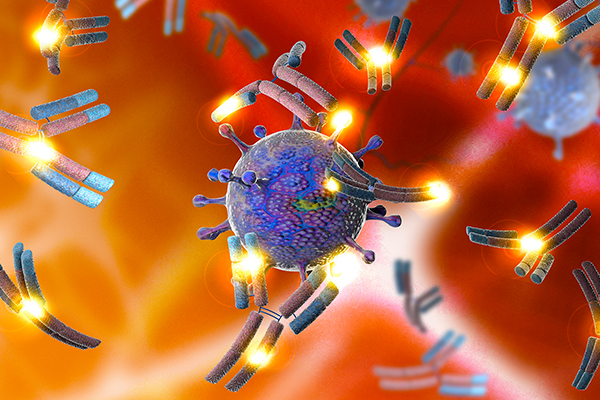Organic solvents are integral to the way we do chemistry today, but they are also hazardous, and many are derived from non-renewable petroleum. Adapting reactions, workups, and isolations to aqueous conditions is a promising strategy for reducing our reliance on organic solvents.
Join 2020 Peter J. Dunn Award winner Dan Bailey of Takeda Pharmaceuticals as he discusses the a process to manufacture an investigational drug substance almost entirely in water, including multiple controlled isolations from aqueous media. During this free interactive broadcast you will learn how as compared to the first-generation solvent-based process, this water-based process uses 77% less material inputs, 94% less organic solvent, and surprisingly, 48% less water, while improving overall yield from 35% to 56% and reducing overall environmental, health, and safety impacts.
What You Will Learn
- How water can be used as a solvent for reactions that have historically only been carried out in organic solvents
- How Takeda process chemists adapted a manufacturing process to aqueous conditions highlighting strategies for running reactions and isolating products under aqueous conditions
- How the Peter J. Dunn Award recognizes innovative green chemistries that drive greener pharmaceutical manufacturing






